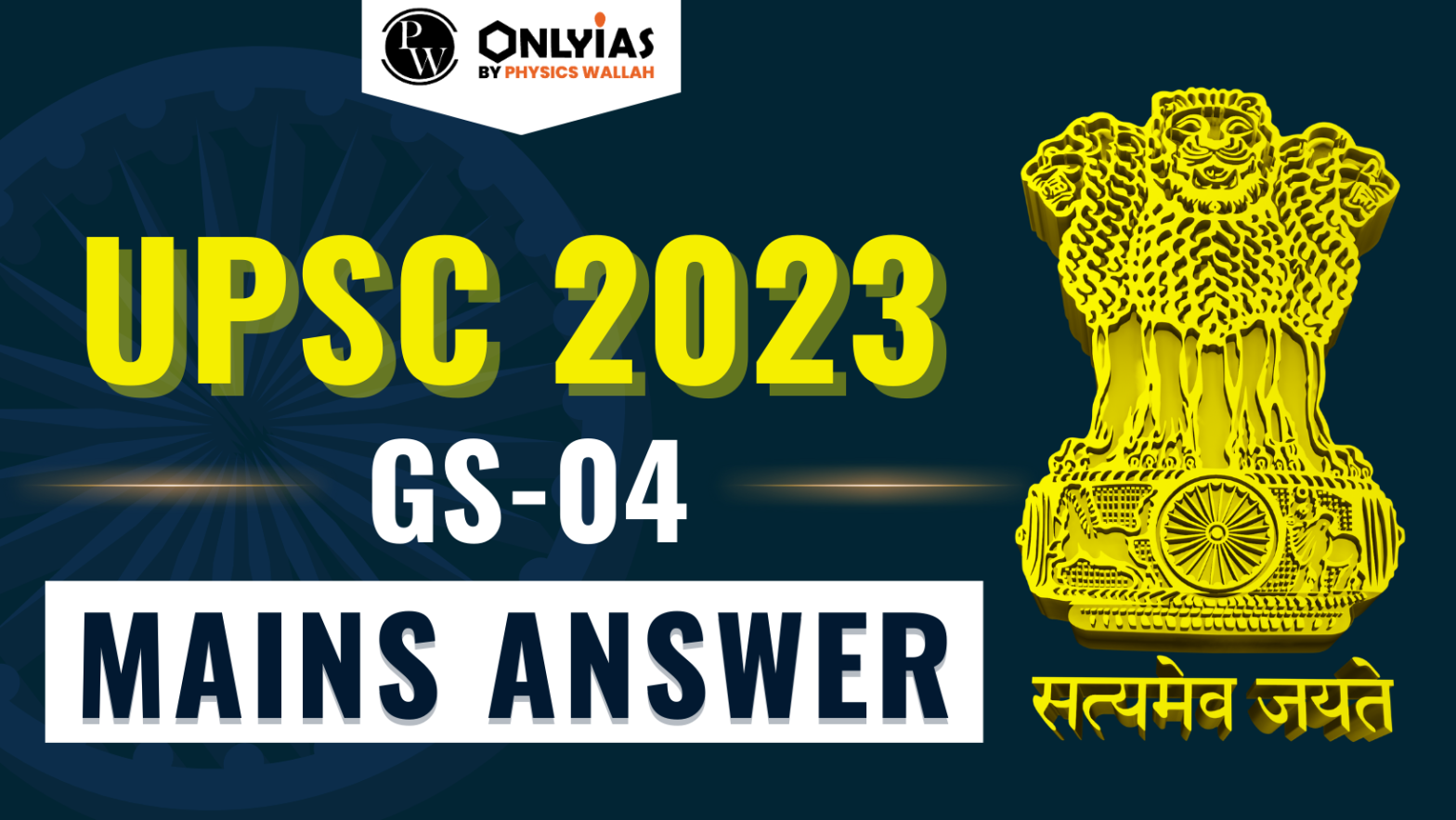Swami Vivekananda on Karma: Love vs. Hate UPSC explores the cyclical nature of emotions and how love fosters a better life. #UPSC #Karma #SwamiVivekananda

Q3c. “Do not hate anybody, because that hatred that comes out from you must, in the long run, come back to you. If you love, that love will come back to you, completing the circle.”-Swami Vivekananda
Ans:
Introduction
Swami Vivekananda, a prominent Indian philosopher and spiritual leader, implores individuals in this quote to embrace love and compassion. He highlights the enduring truth that the emotions we project onto the world have a cyclical effect, ultimately shaping the course of our own lives.
Body
The Circle of Hatred and Its Implications:
The Circle of Love and Its Implications:
Relevance in Contemporary Times:
Conclusion
In the convoluted tapestry of human emotions and choices, Swami Vivekananda’s profound message serves as a guiding light, urging individuals to choose love and compassion over hatred. By choosing love and compassion, we can perpetuate a virtuous cycle that not only enriches our lives but also contributes to the well-being of our communities, nations, and the world at large.
| For a Detailed explanation of the UPSC GS-01 Mains question 2023, click here.
For a Detailed explanation of the UPSC GS-02 Mains question 2023, click here. For a Detailed explanation of the UPSC GS-03 Mains question 2023, click here. For a Detailed explanation of the UPSC GS-04 Mains question 2023, click here. |
<div class="new-fform">
</div>
